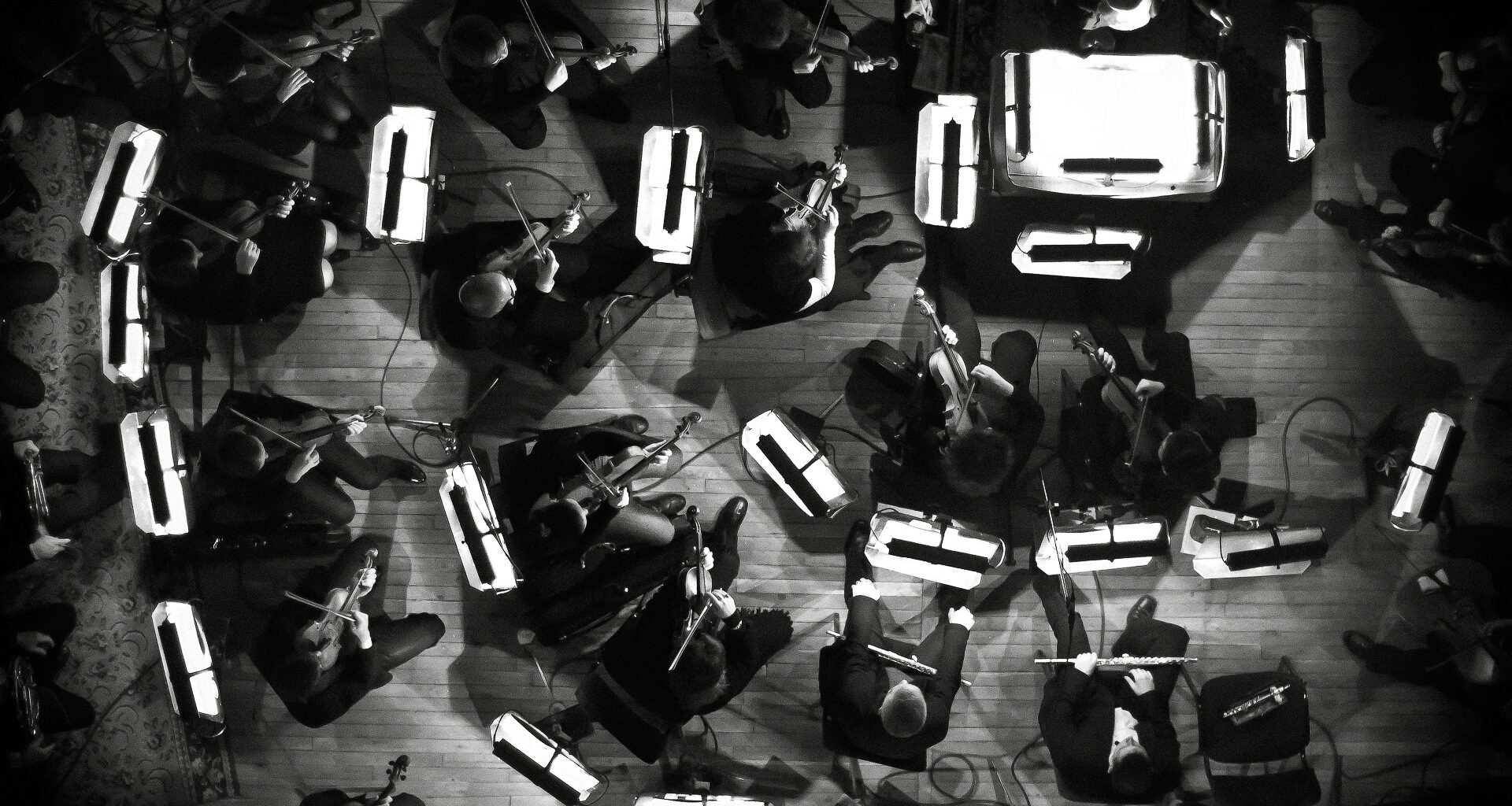It was all to be expected: A semi-circle of pedestrian black chairs ringing the conductor’s stand. Octogenarians trickling in through this door and that, fistfuls of wine. Musicians — six minutes before the first chair violinist strung her bow — plucking, puckering, shining oblong instruments.
Yes, it was as you’d expect: Middle-aged musicians, mostly. Hair gone, a bit wobbly, but earnest. Years coaxing the strings, practicing embouchure in the mirror, flipping sheets of music on a dime.
And then there was that one — that brazen interloper, far at the back. A xylophonist. Too young, too grinny, too full of himself in that sharp black blazer. A crop of hair just so — the edge-of-black handsome kind — with ivory skin that said, “Look here, I am 25, maybe 26, and I play in an orchestra.”
It was brash. Two minutes until the wave of stringy A broke the hushed murmurs. And there he was — glib, in his 25 and prodigy.
He caught me staring. I didn’t want him to, I swear to god. I didn’t know my eyes were locked. Criticizing. Lost in otherness, so much safer than self. And it would have stayed that way, except… he grinned back at me from his place below, before the A came and the conductor raised his arm and everything was organized and just so.
He stared at me. Blue eyes at a distance, in his 25-and-look-at-me, the good looks of a young man sure of things somehow. In an orchestra, at 25. Playing the pit of the classical canon of instruments: the xylophone. Who in god’s name brags about playing the xylophone?
I looked away. And then the A came, the ringing A, and, momentarily, the flapping of arms and notes. I sipped my fistful of wine, wondering deeply in the rugged discordance of a Hungarian composer: What, by god, did he see? Sweet dreams and ambition two tiers up, in Mezzanine 2? A writhing mind, desperate for distraction? Discordance, and a mental murmur? An empty, quiet shell?
Intermission came and went. He left, his part played. And in the exodus from music, geriatrics angling for the door, the ringing rang again:
What, by god, did he see?










